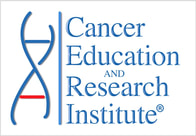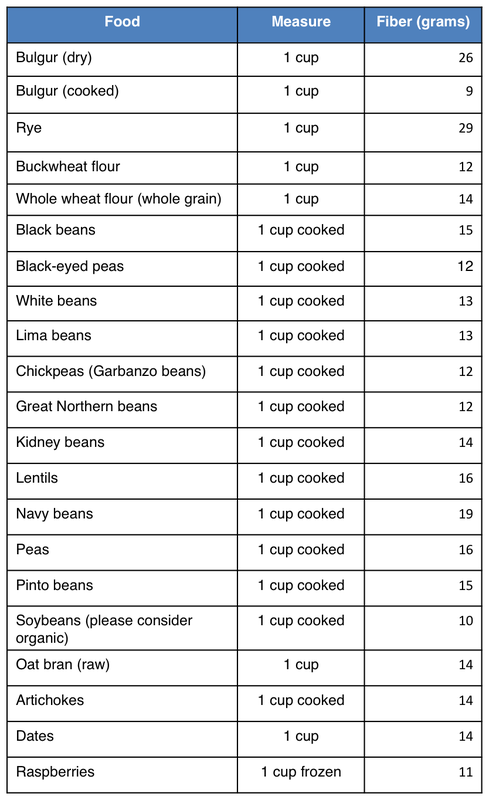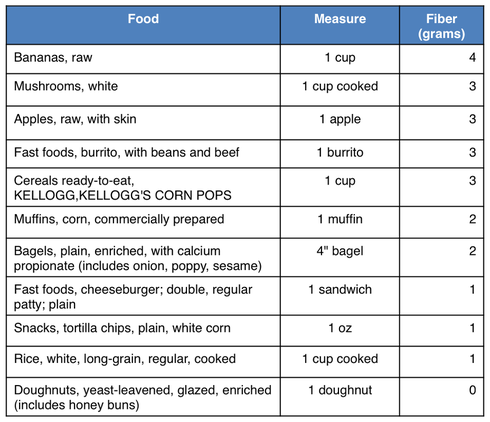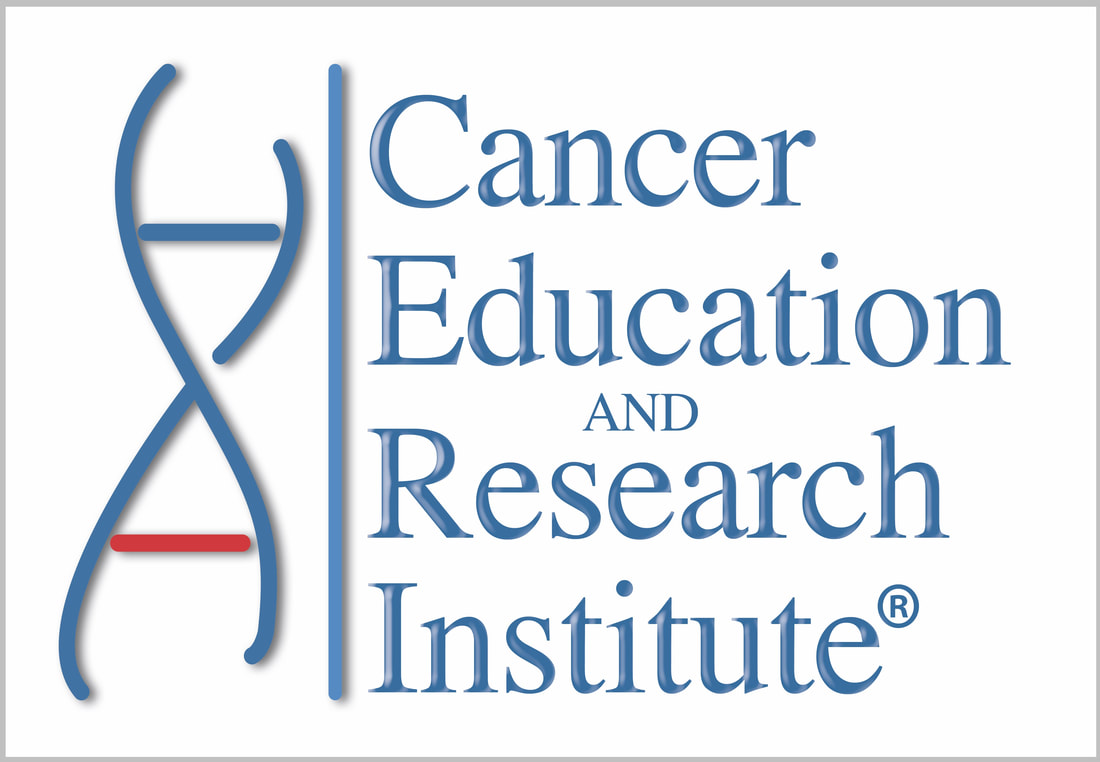All you need to know about FIBER in food
What is fiber? How much fiber do we need? Which foods are rich in fiber?
Author: Dr. Ayguen Sahin, Editing: Anton Kreimer | Cancer Education and Research Institute (CERI)
Author: Dr. Ayguen Sahin, Editing: Anton Kreimer | Cancer Education and Research Institute (CERI)
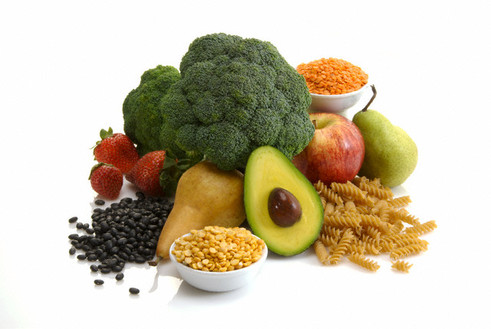
What is fiber?
Dietary fiber, which is found in whole grain foods, can help prevent some cancers, including pancreatic, breast, and stomach, but most notably colon (colorectal) cancer. Whole grain foods are high in fiber and are not only important for direct cancer prevention, but for overall health, which in turn can help prevent cancer. Healthy foods rich in fiber can make you feel full and thus help achieve and maintain healthy body weight. Healthy body weight is not only important to prevent several cancers, including colorectal, pancreatic, breast, and kidney cancers, but also to prevent obesity, diabetes, and cardiovascular disease.
There are two kinds of fiber, which are both necessary for good health:
1. Soluble fiber: Found in oat bran, flaxseed, fruits, and vegetables.
Steadier Energy.
Soluble fiber dissolves in water, and becomes glutinous. It helps to slow down the emptying of the stomach, and sugar is released more slowly. This lowers cholesterol and LDL (low density lipoprotein) cholesterol.
2. Insoluble fiber: Found in greens, green beans, corn bran, seeds and nuts, wheat, and fruit and vegetable skin.
Speed in passaging waste.
Insoluble fiber does not dissolve in water. It helps balance the intestinal pH (acidity) and move bulk through the intestines, thus, helping to detoxify your body.
How much fiber do we need?
It is recommended that you eat 20 to 30 grams of fiber per day. If you decide to increase the fiber in your diet, make sure you eat it slowly and drink lots of water. Eating too much or too little fiber may cause constipation.
Which foods are rich in fiber?
Here we list only the foods that contain fiber above 10 grams per serving size.
Dietary fiber, which is found in whole grain foods, can help prevent some cancers, including pancreatic, breast, and stomach, but most notably colon (colorectal) cancer. Whole grain foods are high in fiber and are not only important for direct cancer prevention, but for overall health, which in turn can help prevent cancer. Healthy foods rich in fiber can make you feel full and thus help achieve and maintain healthy body weight. Healthy body weight is not only important to prevent several cancers, including colorectal, pancreatic, breast, and kidney cancers, but also to prevent obesity, diabetes, and cardiovascular disease.
There are two kinds of fiber, which are both necessary for good health:
1. Soluble fiber: Found in oat bran, flaxseed, fruits, and vegetables.
Steadier Energy.
Soluble fiber dissolves in water, and becomes glutinous. It helps to slow down the emptying of the stomach, and sugar is released more slowly. This lowers cholesterol and LDL (low density lipoprotein) cholesterol.
2. Insoluble fiber: Found in greens, green beans, corn bran, seeds and nuts, wheat, and fruit and vegetable skin.
Speed in passaging waste.
Insoluble fiber does not dissolve in water. It helps balance the intestinal pH (acidity) and move bulk through the intestines, thus, helping to detoxify your body.
How much fiber do we need?
It is recommended that you eat 20 to 30 grams of fiber per day. If you decide to increase the fiber in your diet, make sure you eat it slowly and drink lots of water. Eating too much or too little fiber may cause constipation.
Which foods are rich in fiber?
Here we list only the foods that contain fiber above 10 grams per serving size.
Which foods are low in fiber?
References:
- USDA National Nutrient Database for Standard Reference. Accessed, January 20, 2013.
- The Definite Guide to Cancer. 3rd Edition. Alschuler, LN and Gazella, KA. Crown Publishing. 2010
- True Food, 8 Simple Steps to a Healthier You. Bond, AB, Breyer, M, Gordon, W. National Geographic. 2010.
- The Strang Cancer Prevention Center Cookbook. Pensiero, L, Osborne, M, Oliveria, S. McGraw-Hill. 2004.
The Journal of Simplified Cancer Research (JSCR) is the official journal of Cancer Research Simplified. For only $4.99 per monthly issue, [or a discounted $49.99 per year], you can gain digital access to straightforward information and articles on cancer news, diagnosis, prevention, treatment, and clinical trials. Fill out the form, make your payment, and you'll receive your copy right in your inbox! To get your copy now on The Journal of Simplified Cancer Research (JSCR) page.
Please donate to support our cause - help us continue with our trusted educational programs:
Cancer Education and Research Institute™ (CERI), fka Cancer Research Simplified, is a registered 501(c)(3) non-profit organization.
Your donations are tax deductible to the extent permitted by law.
Your donations are tax deductible to the extent permitted by law.
